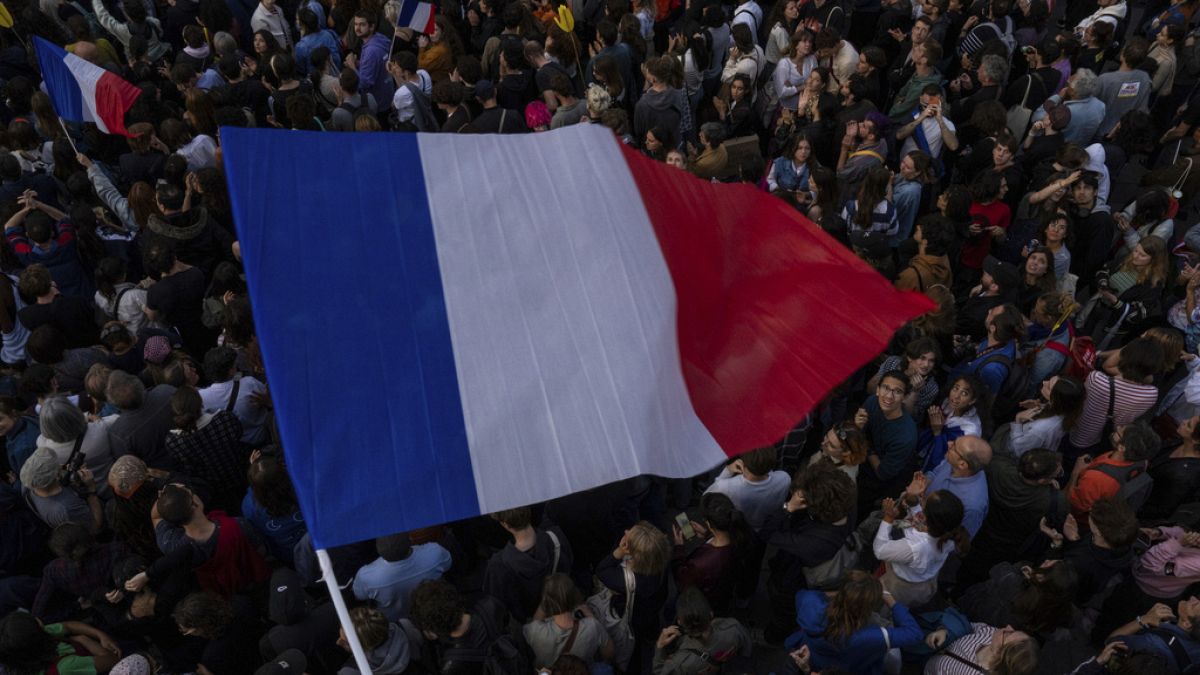
In recent developments, Hungarian Prime Minister Viktor Orbán's right-wing political movement, 'Patriots for Europe,' has achieved recognition from the European Union parliament with the support of various parties. The group aims to become a dominant force in the EU parliament and push for conservative family values and against immigration. Orbán's surprise meeting with Russian President Vladimir Putin about Ukraine's defense against Russia's invasion drew criticism from EU leaders, who emphasized that he was not representing Brussels during the visit.
The French far-right RN party, led by Marine Le Pen, is also set to join Orbán's 'Patriots for Europe' group in the European Parliament. The Czech Republic's ANO party and former prime minister Andrej Babiš, Spain's Vox, Italy's League led by Matteo Salvini, and other parties have already joined the group.
Orbán announced his intention to form 'Patriots for Europe' on June 30. The Danish People’s party and the Flemish nationalist pro-independence Vlaams Belang were the first to join, followed by Austria's Freedom Party (FPOe), Portugal's far-right Chega party, and Spain's Vox. With France's RN joining, the group could potentially become the third largest in the European Parliament.
Orbán drew a rebuke from EU foreign policy chief Josep Borrell after attending a meeting of the Organisation of Turkic States in Azerbaijan without authorization from Brussels. The EU also rejected OTS attempts to legitimize the unrecognized Turkish Republic of Northern Cyprus by admitting it as an observer.
The formation of 'Patriots for Europe' comes amidst tensions between Montenegro and Croatia, which could hinder Montenegro's EU bid by 2028. Hungarian Prime Minister Orbán met with Putin in Moscow after a visit to Kyiv, drawing criticism from multiple European leaders who believe he should not be speaking with Moscow without a mandate.
The Danish People’s party and the Flemish nationalist pro-independence Vlaams Belang have joined 'Patriots for Europe,' giving it 23 MEPs. Other parties involved are the Austrian far-right Freedom Party (FPOe), the Czech Republic's ANO, Dutch anti-Islam politician Geert Wilders and his Party for Freedom (PVV), Portugal’s far-right Chega party, and Spain’s Vox.
Orbán is bidding to become the dominant hard-right force in the EU parliament and would campaign for conservative family values and against immigration. The group would also push to end European support for Ukraine's defense against Russia's invasion.
Orbán drew a fresh rebuke from EU foreign policy chief, Josep Borrell, after attending a meeting of the Organisation of Turkic States in Azerbaijan without authorization from Brussels. Hungary took over the EU’s rotating presidency this month and Orbán appeared to try to carry its imprimatur into a surprise meeting with Russian president Vladimir Putin about the Ukraine war.
The EU rejected OTS attempts to legitimize the unrecognized Turkish Republic of Northern Cyprus by admitting it as an observer.


